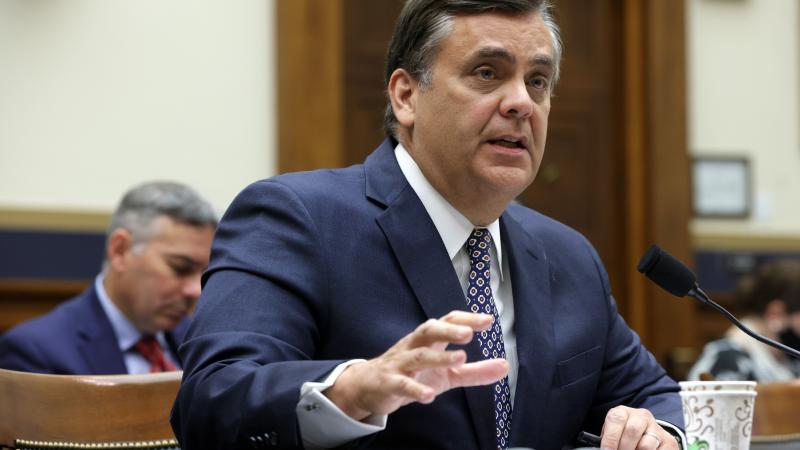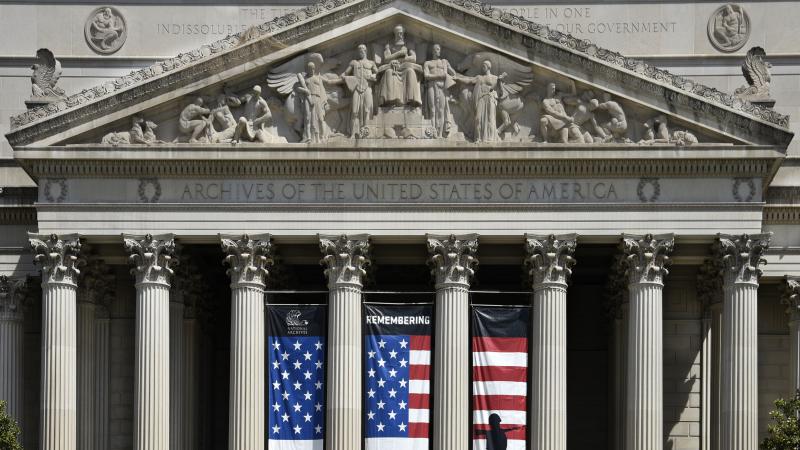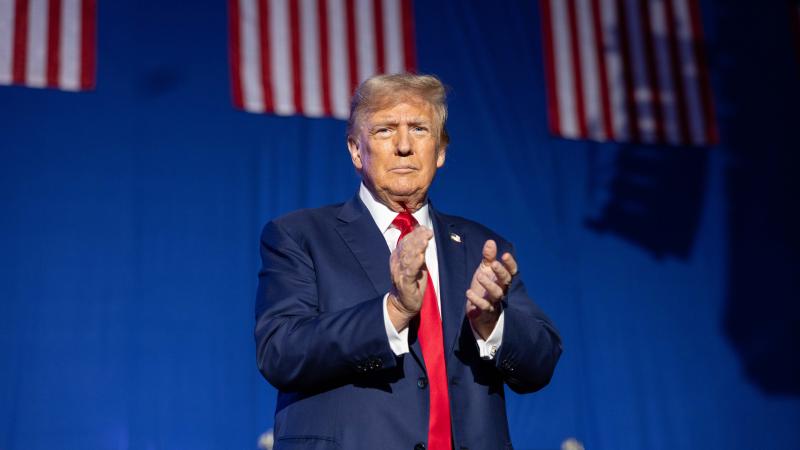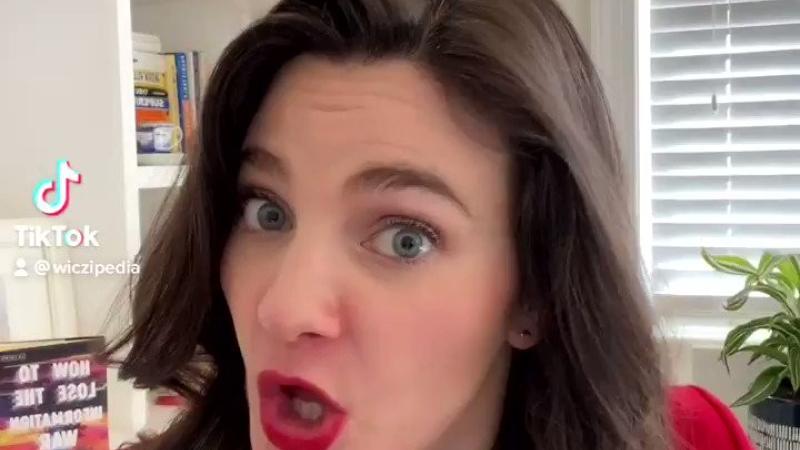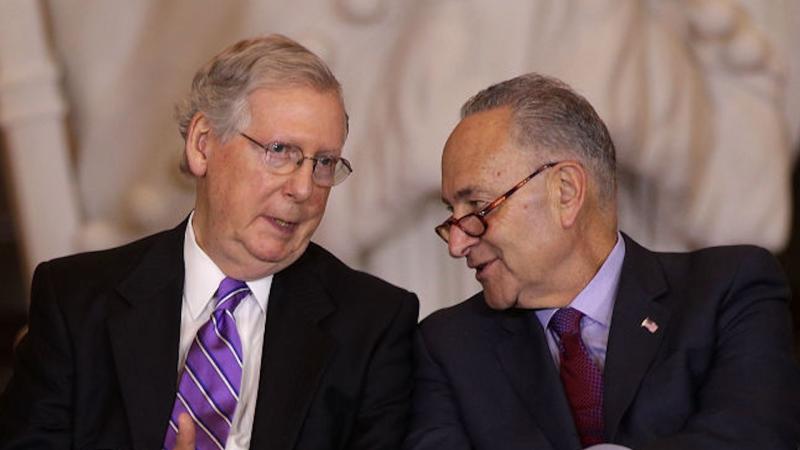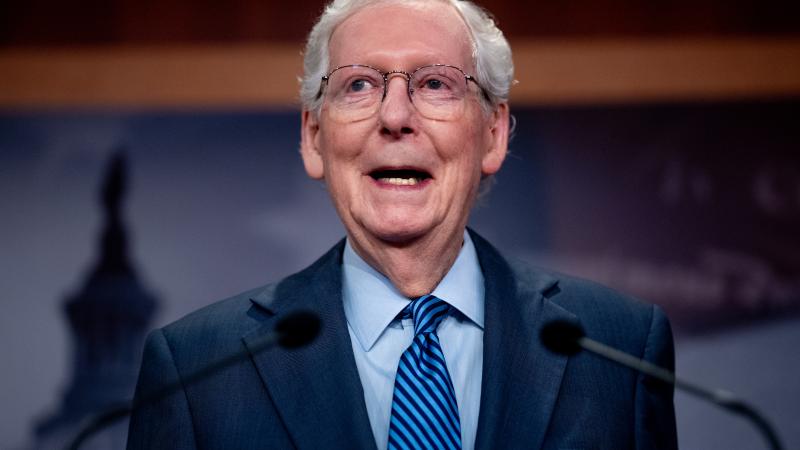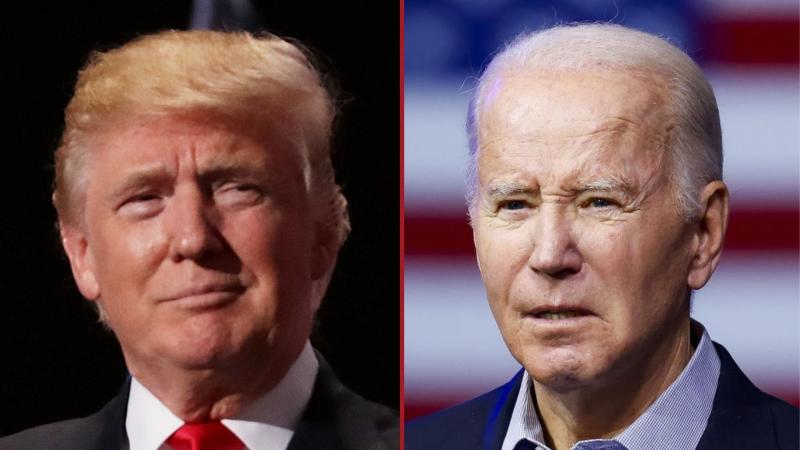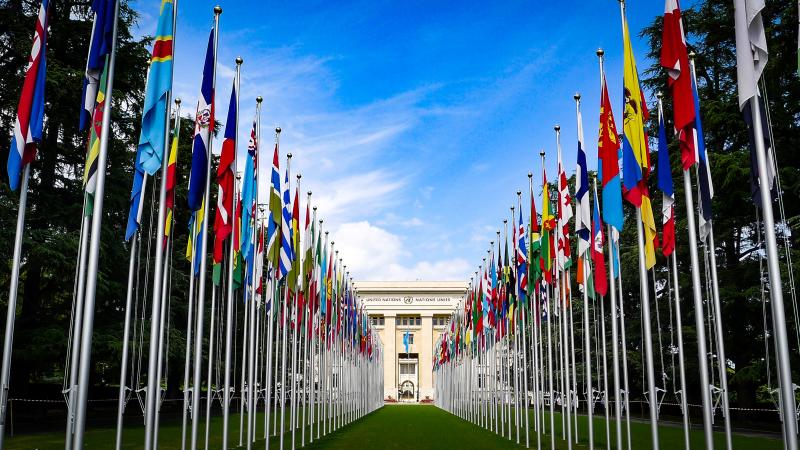Alvin Bragg's 'Zombie case' against Trump has a 'pardon me' problem with key witness
Though prosecutors never charged Michael Cohen for testifying that he'd never sought a pardon, there is ample evidence to show his claim wasn't true.
When Manhattan District Attorney Alvin Bragg began pursuing a hush money case against Donald Trump, even the staff prosecutor most ardent to seek criminal charges admitted it was a "very peculiar" and weak link to play, or as he called it a "zombie" case.
If Bragg decides to ask a grand jury to indict the 45th president, he'll be facing some heavy burdens in a court of law. The statute of limitations for the two key alleged offenses have expired, and one of them was supposed to be a misdemeanor.
The DA will also have a tough time selling his cast of characters to the jury. One is a porn star named Stormy Daniels, whose lawyer Michael Avenatti later went to federal prison after previously highlighting the $130,000 payment to her from the Trump organization lawyer Michael Cohen — who himself has admitted to lying and also went to prison.
The biggest untested challenge for prosecutors, however, may be an alleged falsehood that was never prosecuted but is still central to a key sequence of events inside this drama.
In answers his lawyer gave to Congress, Cohen told the world he never sought a pardon from Trump back in 2018, when investigations of his dealings with Daniels began. A large amount of evidence says otherwise, including 320 pages of documents from New York lawyer Robert Costello, who told the grand jury about it on Monday.
In the aforementioned memos, Costello recounted in great detail how Cohen — in 2018 — raised the issue of a pardon from Trump and wanted to speak to presidential lawyer Rudy Giuliani about it. Costello said he ultimately shut down the idea as "premature" because Cohen had yet to be charged with a crime. Cohen also admitted to Costello that he had no useful information about Trump with which to cut a deal.
"The USAAs at the SDNY asked me, 'Do you think that Cohen thought he had a pardon in his back pocket?'" a memo summarizing Costello's testimony to Congress in 2019 stated. "I told them no, absolutely not."
Costello said Cohen was seriously considering suicide due to the fact that he had no legal fallback and was desperate to avoid prison.
"But Cohen wanted to see,'" Costello recalled, "whether 'a pardon was on the table.' He asked me to ask 'your friend' — Cohen for some reason always referred to Giuliani as 'your friend' — whether 'a pardon was on the table.' But I didn't want to do this. It was premature, he hadn't even been charged, and told Cohen it was premature."
A letter, written by one of Cohen's lawyers claiming he never sought a pardon, was sent to then-House Oversight Chairman Elijah Cummings (D-Md.) in 2019, stating, "Mr. Cohen rejected the opportunity to ask for and receive a pardon even though he knew he was going to prison with hardships to his family."
The letter goes on to contradict this claim, by admitting Cohen sought to discuss a potential pardon through "his then attorney."
Costello also laid out in detail how Cohen took steps to keep the hush money payment to Daniels a secret, even from his own wife.
"And I said, 'Did you get that money from Donald Trump?' 'No.' 'Did you get it from any Trump Organization?' 'No.'
"I said, 'Did you take that money out of your own savings or checking?' 'No.'
"I said, 'Well, how'd you get the money?' He said, 'I took out a HELOC loan.' 'Why would you take out a HELOC loan to cover something like this?' He said 'because I wanted to keep it secret. If I took money from my account, my wife would know about it. I didn't want my wife to know about it. I didn't want Melania Trump to know about it.' He said, 'That's why I did it that way.'"
"Now, if you're gonna do it that way, that means you're keeping it from Donald Trump and Melania Trump," Costello added, summarizing the story he offered to grand jurors and Manhattan prosecutors.
In 2018, Cohen pled guilty to lying before Congress about what he knew regarding an aborted Trump Tower project in Russia. He told the judge he lied about the timing of the negotiations, along with other details, to supposedly align with Trump's "political message," Politico reported.
The former Trump adviser was caught in yet another lie when he said he had met with Trump only three times to discuss the Trump Tower project, when he had in fact met with the 45th president more than three times.
Cohen had already pled guilty at this point to a string of federal charges involving his businesses, Trump campaign work, and bank fraud.
In 2019, Congress referred Cohen to the Department of Justice (DOJ) for potential charges after Rep. Jim Jordan (R-Ohio) and former Rep. Mark Meadows (R-N.C.) sent a letter to Trump Attorney General William Barr alleging that Cohen perjured himself by "knowingly making false statements before the Committee" during Congressional impeachment hearings.
"While testifying under oath, Mr. Cohen made what appear to be numerous willfully and intentionally false statements of material fact contradicted by the record established by the Justice Department in United States v. Cohen," the letter read. "Mr. Cohen's testimony before the Committee at times was in direct contradiction to assertions contained in pleadings authored by the United States Attorney's Office for the Southern District of New York (SDNY). There are other instances in which Mr. Cohen's statements to the Committee were immediately contradicted by witnesses with firsthand knowledge of the subject matter."
The congressmen called Cohen's statements "a spectacular and brazen attempt to [knowingly] and willfully testify falsely and fictitiously to numerous material facts," with the intent of improving his standing on the "national stage."
"Mr. Cohen's prior conviction for lying to Congress merits a heightened suspicion that he has yet again testified falsely before Congress," the letter added.
One of the biggest falsehoods told by Cohen was that he never signed an attorney client privilege waiver. This waiver allowed Costello to share with the media memos, emails and information from his time advising Cohen.
In interviews with MSNBC, Cohen acknowledged having contact with Costello but suggested the former federal prosecutor was "making up stories" to the grand jury and carrying out "a typical Trump play."
In those interviews, Cohen claimed he did not believe he had waived his attorney-client privilege from his conversations with Costello. "I don't recall waiving anything," he said. "But, again this is, I don't know what he's talking about."
One of the documents Costello provided to Just the News, however, shows Cohen signed a declaration in 2019 for federal prosecutors waiving any claim of privilege from his interactions with Costello.
"Although I do not believe that any of my communications with Costello or other lawyers at DHC are subject to attorney-client privilege, I hereby waive whatever attorney-client or other privilege that might be argued have attached to such communications," the February 2019 declaration from Cohen stated.
Jordan referenced Cohen's dishonesty again during an interview with the "Just the News, No Noise" TV show on Wednesday, saying that lawmakers believed Cohen lied several times to the House Oversight Committee.
"A few years ago in front of the Oversight Committee — the first actual big hearing that Democrats had that Congress — was Michael Cohen coming in, and he lied six times under oath," the Ohio Republican claimed. "Even one of them I remember, just off the top of my head, is that he said he didn't really want a job in the Trump White House. Well, he sure did. He tried to do everything he could to get a job. So, yeah, this is their star witness."
"This is crazy," Jordan concluded. "And I think the country sees it for what it is."
Cohen's credibility was questioned anew Wednesday night when Trump shared on social media a confidential 2018 letter from one of Cohen's lawyers to the Federal Election Commission stating that Cohen never sought Trump's approval for the Stormy Daniels payments.
"In a private transaction in 2016, before the U.S. presidential election, Mr. Cohen used his own personal funds to facilitate a payment of $130,000 to Ms. Stephanie Clifford [Stormy Daniels]," the letter reads. "Neither the Trump Organization nor the Trump campaign was a party to the transaction with Ms. Clifford, and neither reimbursed Mr. Cohen for the payment directly or indirectly."
Cohen has alleged Trump approved the payments and reimbursed him.
You can follow John and Nick on Twitter @jsolomonReports and @NGivasDC



